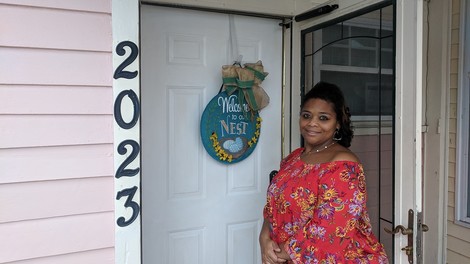Your podcast discovery platform
Curious minds select the most fascinating podcasts from around the world. Discover hand-piqd audio recommendations on your favorite topics.

piqer for: Global finds Technology and society
Prague-based media development worker from Poland with a journalistic background. Previously worked on digital issues in Brussels. Piqs about digital issues, digital rights, data protection, new trends in journalism and anything else that grabs my attention.
As Cities Battle Short-Term Rental Platforms, The Local Community Is Caught In The Crossfire
Airbnb recently announced that its site hit a new record of over 6 million listings, just ahead of Booking.com, with more than 5.7 million places to stay. The explosive popularity of home-sharing platforms has undoubtedly benefited low-budget travellers and has helped homeowners to make a little extra cash by renting out their spare bedrooms. Yet cities around the world are struggling to balance the economic boost from the growth of short-term rentals with their negative aspects, including the proliferation of illegal commercial operators, rising rents, increasing housing shortage and over-tourism.
For example, in an attempt to increase oversight, New York has been battling online platforms in court over a law that would require home-sharing services to turn over the user and listing data each month, with no success so far. In Paris, the city's administration has sued Airbnb over illegal listings, but the court has dismissed the case. Meanwhile, Amsterdam and London are enforcing rental caps, with homeowners allowed to rent out their houses for a maximum of 30 nights and 90 nights a year, respectively.
A recent episode of NPR's excellent Planet Money podcast focuses on New Orleans vs. Airbnb battle, offering a unique perspective from people at the heart of that struggle: long-standing citizen Richard Kendrick who is seeing his community crumble and local Airbnb host Charlene Griffith whose livelihood is in jeopardy. After toggling between the two perspectives, host Tegan Wendland and Alex Goldmark give voice to economist Stephen Sheppard and city councilwoman Kristin Gisleson Palmer whose job it is to reconcile the two.
"What the city is trying to do is balance this trade-off of prosperity with preserving culture. And the city is making a bargain. It's just decided on the compromise: we want to stay more of the same, more weird, even if it means we stay a little bit poorer."
